Ryanair fears it’s going nowhere if new Boeing jets don’t turn up
Little more than three weeks into the top job at Boeing, chief executive Kelly Ortberg is yet to get the hairdryer treatment from Michael O’Leary.
“I’m too busy speaking weekly to Stephanie Pope, ranting and raving as to where my aircraft are,” the Ryanair boss said.
Pope, the US planemaker’s head of commercial aviation — and, to many, Boeing’s chief executive-in-waiting — has no small task on her hands. Boeing has been struggling ever since the fatal crashes of two of its 737 Max jets in October 2018 and March 2019 in which a total of 346 people died.
More than a decade in the making, the Max was a short-to-medium-haul workhorse that Boeing had hoped would allow it to regain ground lost to rival Airbus. Yet failings in its design have exposed the once-great aviation corporation to intense scrutiny of the safety of the jets rolling off production lines at its cavernous factories in Seattle.
As a result, customers such as Ryanair are not getting their new Boeing planes on time.
For O’Leary, this is not just a headache; it’s an existential threat. For starters, the new planes carry more customers than the older Boeings, and Ryanair had based its forecasts for passenger numbers on getting hold of these aircraft. But in the near term, amid the shortfall in deliveries, the airline has been forced to downgrade those forecasts — from 205 million to about 198 million this year. Further out, its ambition of carrying 300 million passengers by 2034 could be under threat if Boeing does not get its act together.
Not only that, but the new models are far more fuel efficient, so every day it has to keep flying old planes because the new ones aren’t ready, Ryanair is taking a hit to its profits.
“We were supposed to get seven planes from Boeing in July. We got five,” railed O’Leary. “We were supposed to get ten in August. We’re going to be lucky to get five, which will include two of the July delay deliveries.
“It is not fun dealing with Boeing at the moment.”
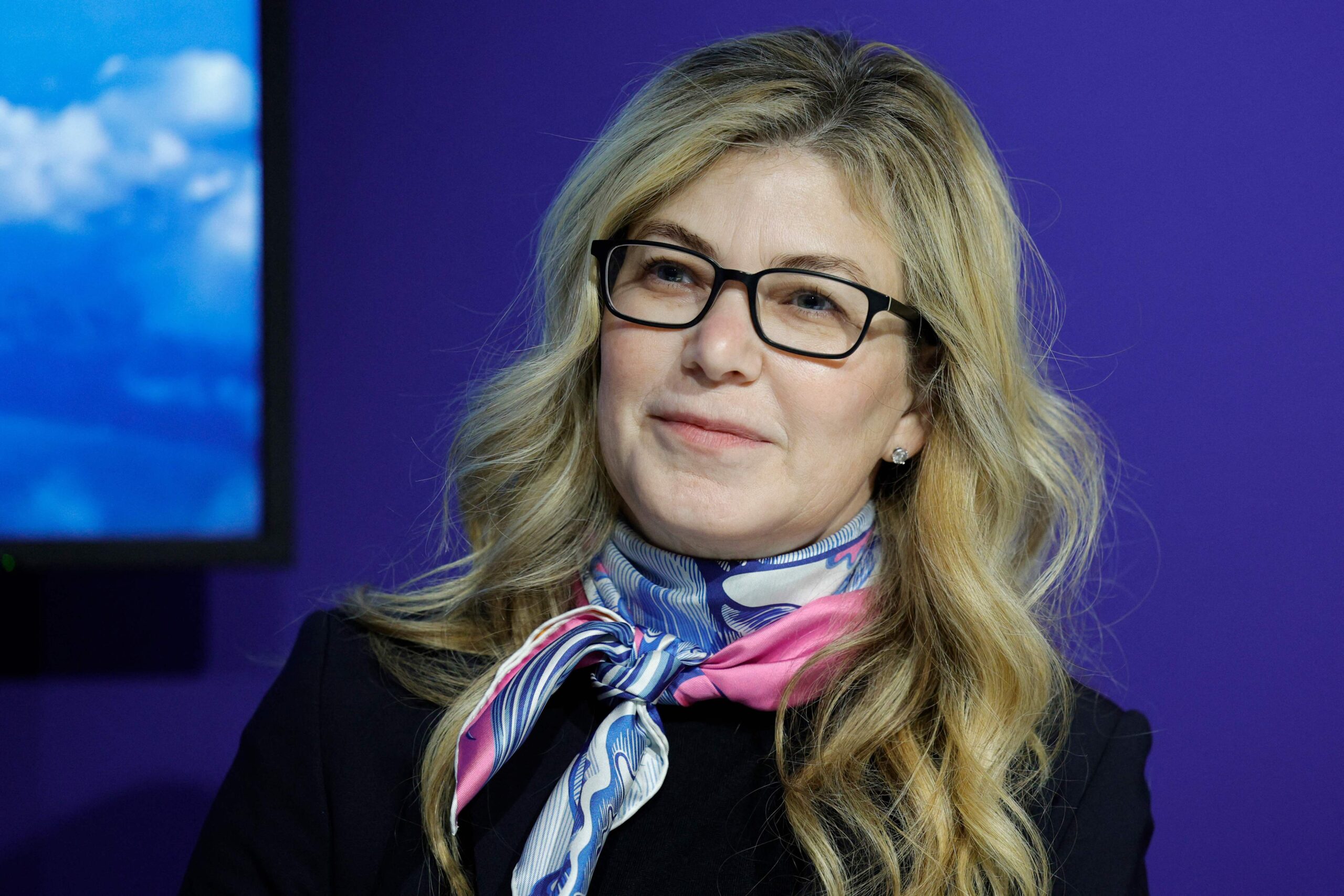
Other planemakers are available, of course, but — like most of its budget rivals — Ryanair is a one-manufacturer airline.
“Ryanair has been, is and probably will always be, a Boeing customer. They are wedded to Boeing,” said Stephen Furlong, an analyst at Irish stockbroker Davy.
Boeing is also increasingly dependent on Ryanair — as its main sales outpost in Europe. Wizz Air and easyJet operate all-Airbus fleets, and IAG, the parent of British Airways, is showing a preference,too, for the Franco-German plane-maker.
“It’s a symbiotic relationship. You cannot say that Boeing is not important to Ryanair, because it absolutely is. Is Ryanair important to Boeing? I think it absolutely is,” Furlong added.
This creates a big problem for O’Leary — a man who could earn a €100 million bonus (£85 million) if profit or share price targets are hit, meaning that payout is indirectly dependent on Boeing’s ability to deliver new aircraft on time. Ryanair has estimated that it has lost €500 million of revenue this year because of Boeing delays, and the company’s share price has fallen by more than 15 per cent since January.
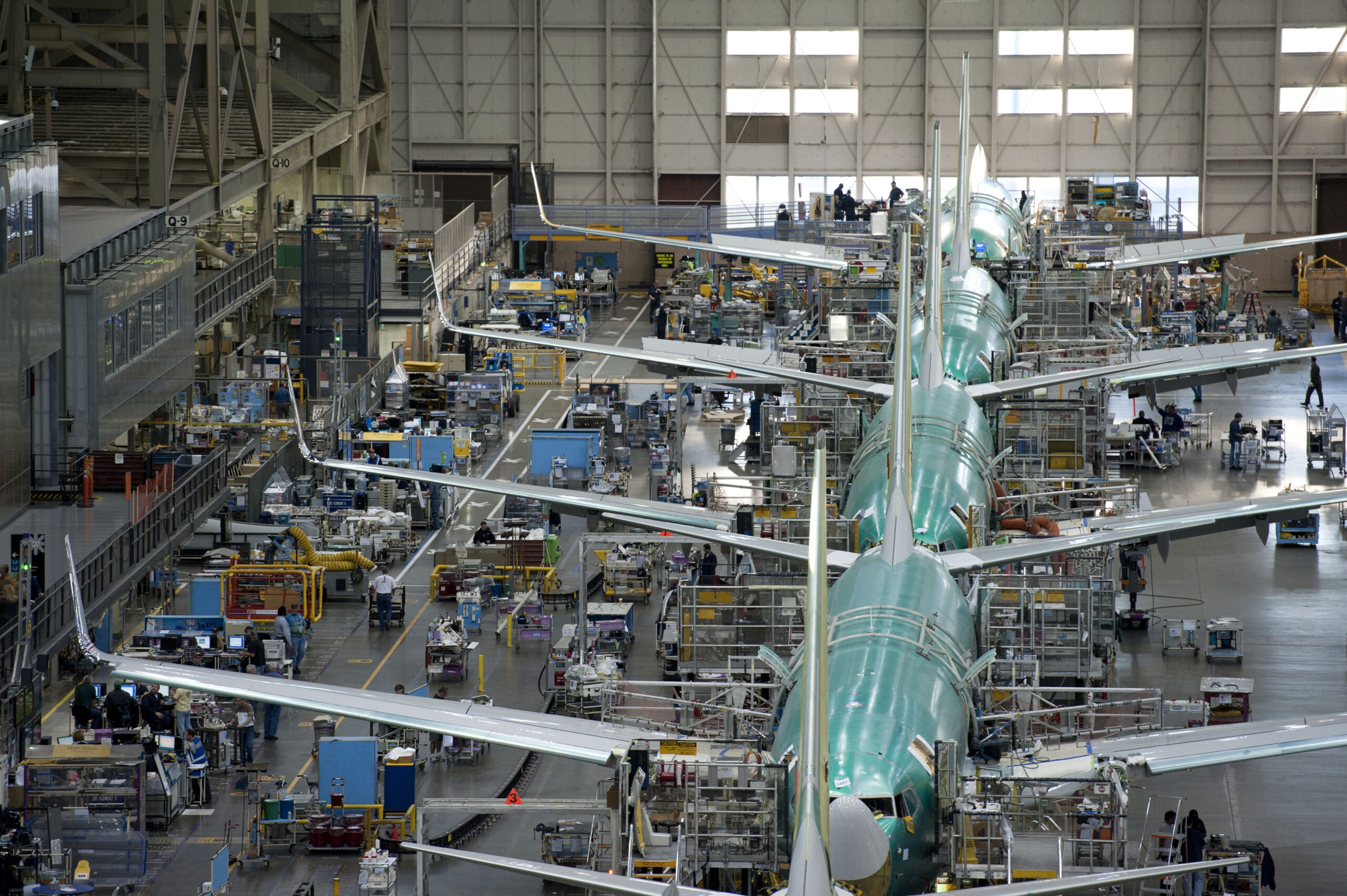
Ryanair currently has a fleet of 594 planes, including 335 older Boeing 737 Next-Generation jets, and 156 new 737 Max “Gamechanger” aircraft.
It has 210 Gamechangers on order in total. Delays to the final 50 or so of these are what is irking O’Leary at the moment. The jets are the crucial first plank in setting Ryanair up for the next decade.
They carry 197 passengers, versus the 189 on the Next Gens, and burn 16 per cent less fuel. What’s more, they are 40 per cent quieter, allowing O’Leary to run more flights into heavily populated areas.
Switching the fleet up is vital for Ryanair to remain competitive, according to Robert Boyle, an analyst at Gridpoint Consulting. “Even if they were to hang onto old aircraft for longer … it’s not very helpful, particularly in today’s world of rising carbon taxes and so forth.”
A bigger gamechanger than the Gamechanger in achieving Ryanair’s ambitious growth targets is the new 737 Max 10. With 228 seats, it would mean that the carrier could squeeze 21 per cent more passengers onto every flight. Its fuel burn is also 20 per cent less than the Next Gens and they are 50 per cent quieter. Does that make them crucial to Ryanair’s success? “Yes, sir,” responded O’Leary.
The problem is, the Max 10 is not yet in production — and while it was originally expected to have been certified to fly by the aviation authorities long ago, it has still not had the green light.
O’Leary has ordered 300 of the Max 10s at a cost of $40 billion.
In theory, the delays in the programme should not be a major problem; Ryanair is not due to start receiving the Max 10s until 2027. A smaller version of the aircraft, the Max 7, is first in the queue to be approved.
O’Leary said: “We think that the Max 7 will get certified some time towards the end of this year or in the first half of 2025. We think the Max 10 certification will be pretty quick afterwards.
“But if the Max 10 doesn’t get certified before the end of 2025, then we’re in trouble for the summer of 2027.”
Even if safety certification does happen in time for Ryanair, Boeing will have to ramp up production to 40 to 45 aircraft a month — a feat that has not yet been achieved.
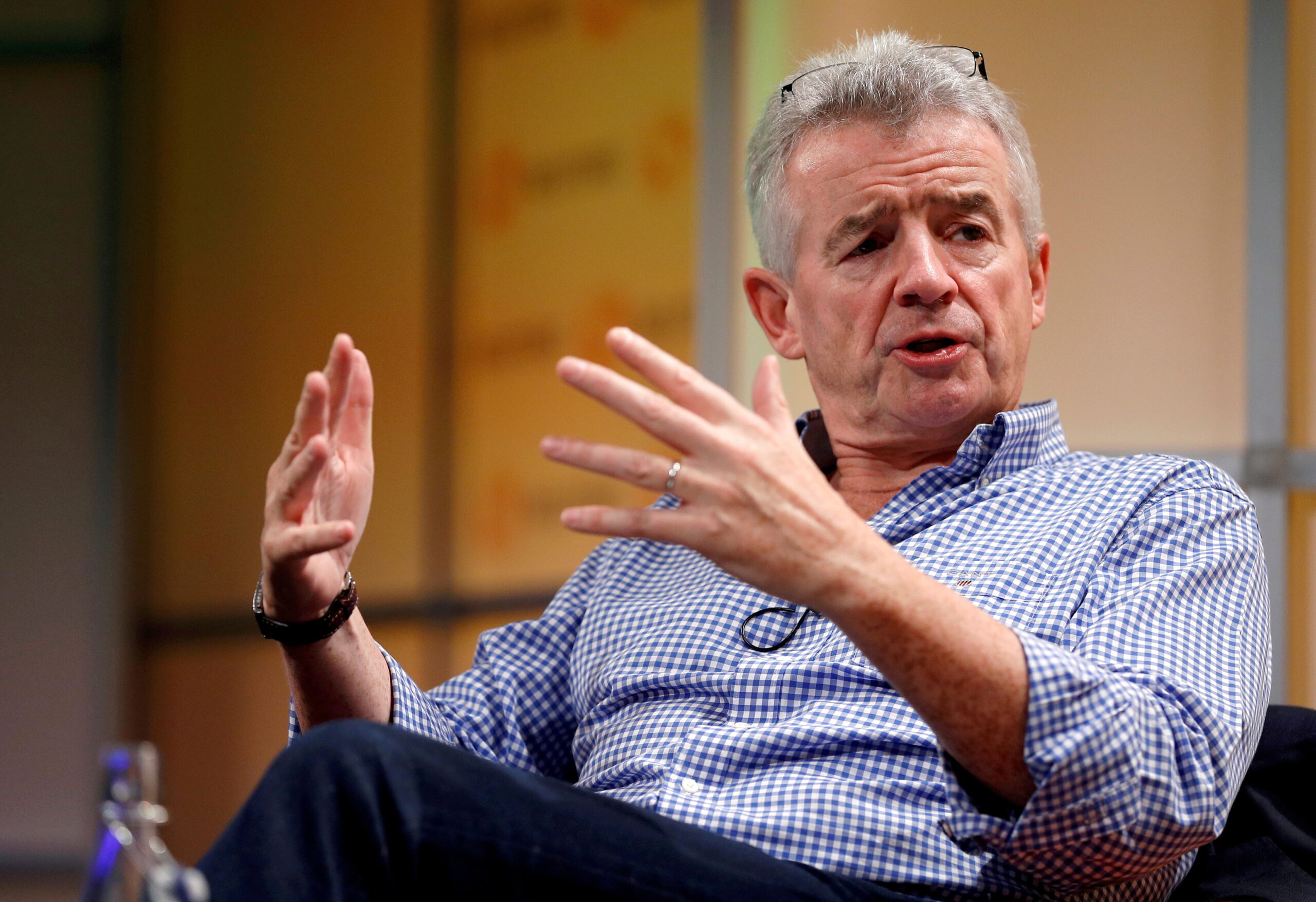
O’Leary is at pains to point out that Airbus has problems, too. It is grappling with supply chain problems that have forced it to cut its production volumes — albeit to nowhere near the level suffered by Boeing.
“Now,” he said, “I would be reasonably confident that Airbus and Boeing and the supply chain will have sorted all their shit out by 2027. But I wouldn’t be 100 per cent confident any more.
“I no longer have 100 per cent confidence in what they do. I’m 99 per cent confident that the Max 10 will get certified. I’m 85 to 90 per cent certain that we’ll get the first 17 Max 10s in time for the summer of 2027.”
A spokesman for Boeing said: “We deeply value our partnership with Ryanair, which spans nearly 30 years and almost 700 Boeing 737 aeroplanes. The airline has changed the way people fly across Europe and beyond, and we are proud that the 737 family’s efficiency and reliability has played a role in the airline’s success. We sincerely regret the impact of our delays and know we have more to do to meet our delivery commitments. Our team is working hard to build 737 Max aircraft to support Ryanair’s next era of sustainable growth.”
In spite of O’Leary’s reservations about Airbus, the obvious solution for Ryanair might seem to be to switch to the European planemaker. This is easier said than done, however.
Rumours abound in the industry that Ryanair has got close to striking huge aircraft orders with Airbus in years gone by, only to back out at the 11th hour and stick with Boeing. If true, Airbus could be forgiven for being wary of dealing with Ryanair again. Furthermore, as it has a long list of customers waiting for planes, it is unlikely to hand the Irish carrier the sort of discounts afforded to it by Boeing.
So, while O’Leary can, and does, berate Pope on a weekly basis over his missing jets, he has few options. Ryanair’s fate is entirely dependent on Boeing returning to being the powerhouse of American industry that it once was.
“I’m not sure what Ryanair can do about it, to be honest,” said Boyle.
“At some point everything will get sorted,” he added. “But we’ve been saying that for a while.”
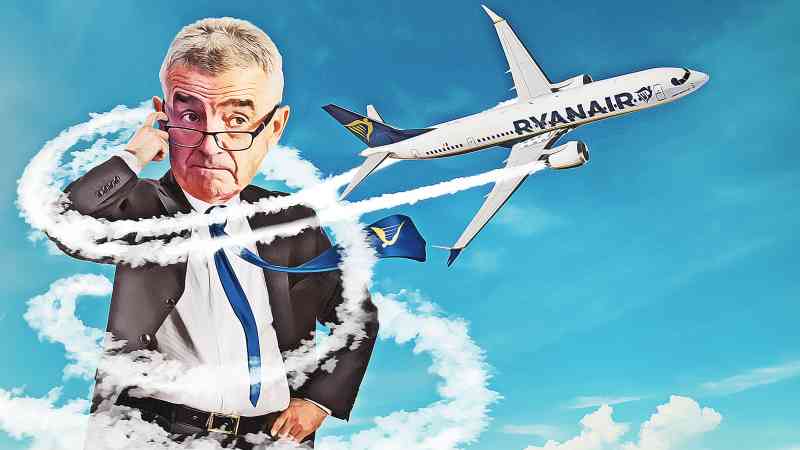
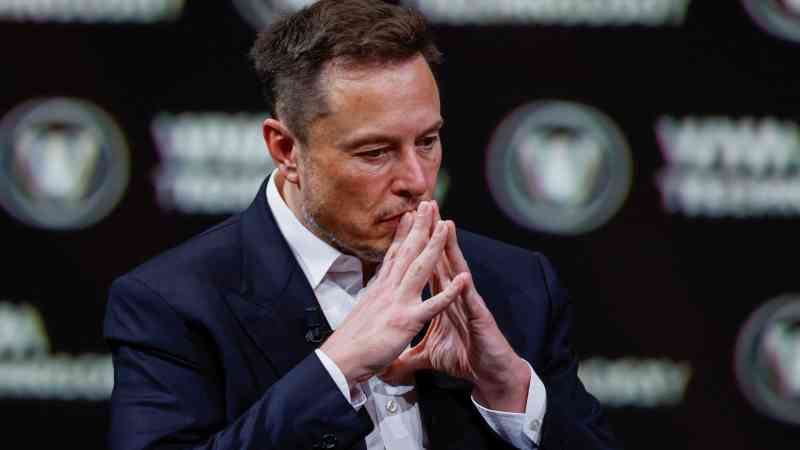


Post Comment